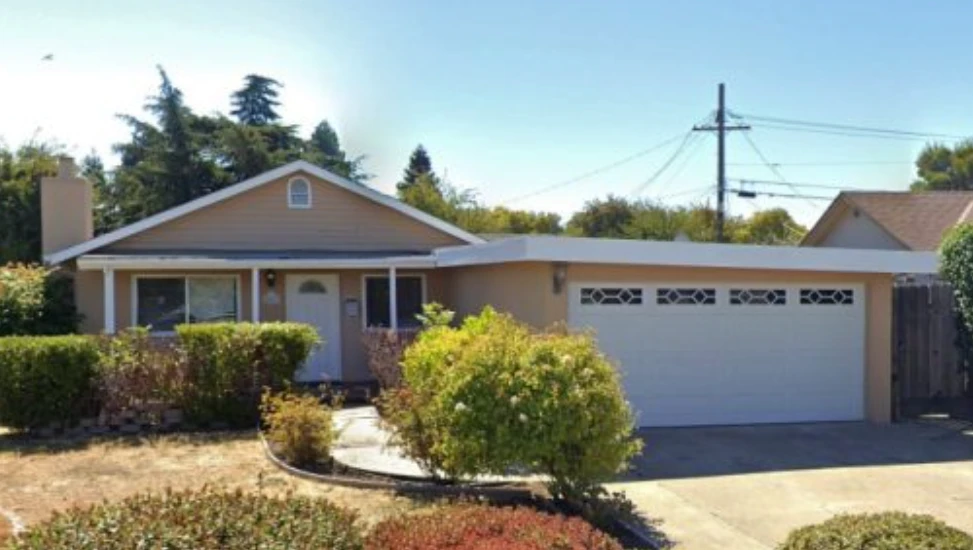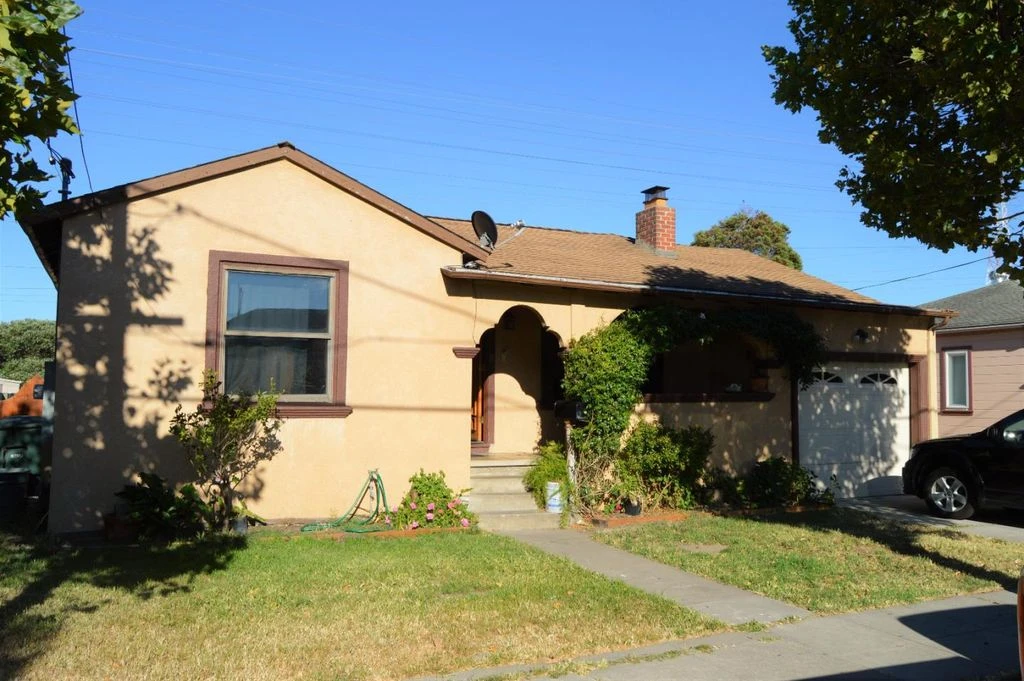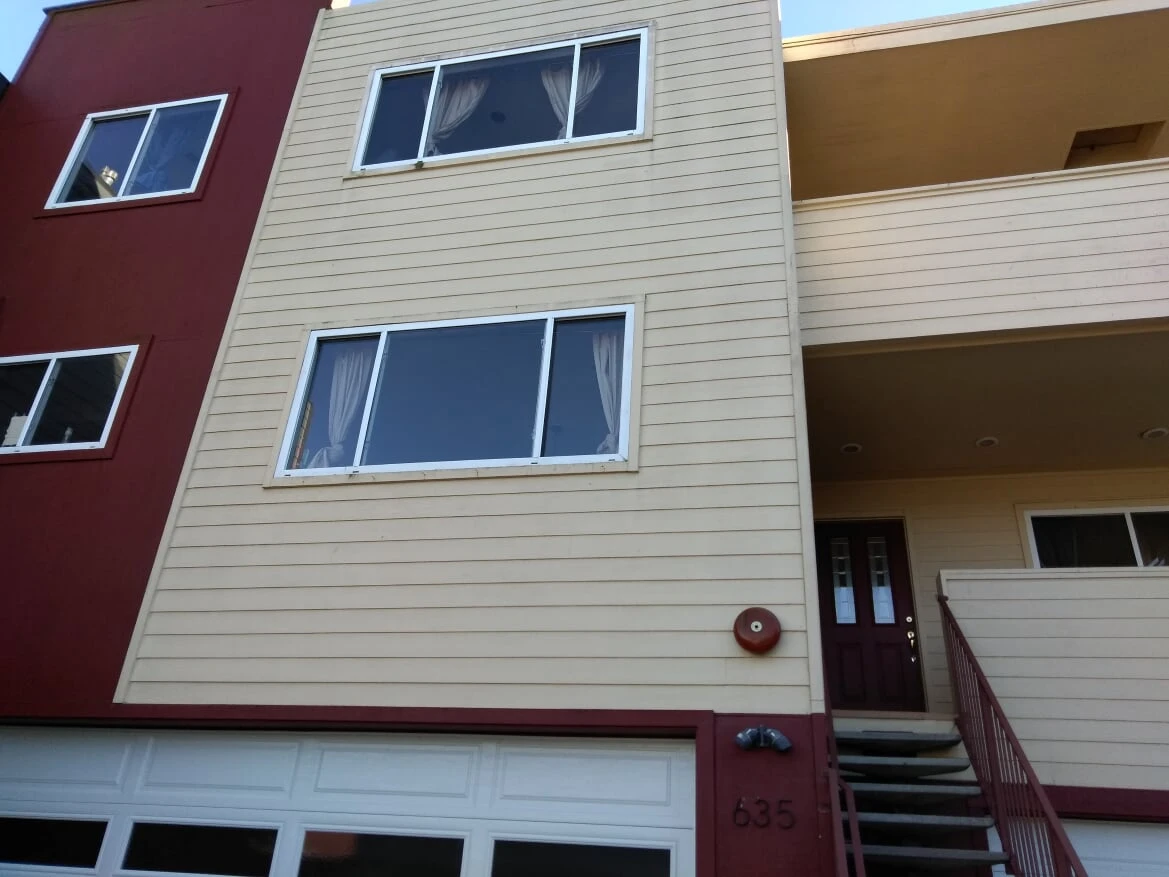Casa Quetzal, a division of The Latino Commission, is a specialized men's facility located in San Francisco, California, dedicated to providing non-medical alcohol and drug rehabilitation services. This facility is designed to support men in their recovery journey through a range of tailored treatment modalities.
At Casa Quetzal, clients benefit from a comprehensive approach that includes both individual and group therapy sessions. The facility employs a multidisciplinary team of professionals who work collaboratively to address the diverse needs of each participant, ensuring a holistic and effective treatment experience.
The center is accredited by the Substance Abuse and Mental Health Services Administration (SAMHSA), reflecting its adherence to high standards of care and its commitment to providing quality rehabilitation services. By integrating a range of therapeutic approaches and maintaining a focus on individualized care, ICasa Quetzal supports men in achieving long-term recovery and personal growth.









